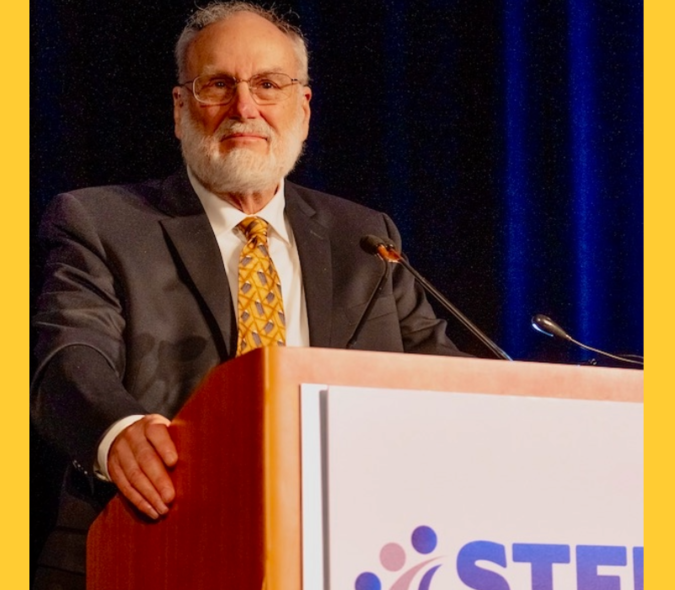
An Interview with Greta Bauer, PhD, MPH, the New Director for the Institute for Sexual and Gender Health
In November 2022, Dr. Greta Bauer became the director of the Institute for Sexual and Gender Health (ISGH), succeeding Dr. Eli Coleman. In this interview, Dr. Bauer discusses her background, her research focus on the impact of social marginalization on health, and her vision for the future of the Institute.
Can you please share a bit about your background and research focus areas?
I studied at the University of Minnesota for both my MPH and my PhD in epidemiology, spending one summer in Atlanta as a graduate intern at the Centers for Disease Control and Prevention. I then accepted a first faculty position in health management and policy at the University of New Hampshire, where I helped launch and gain accreditation for a new Master of Public Health program for working professionals.
For the past 17 years, I have been a professor of epidemiology and biostatistic at Western University in Canada, where I served as Graduate Chair and held a Sex and Gender Science Chair from the Canadian Institutes of Health Research.
My research—including both clinical and population health studies—has focused heavily on sexually transmitted infections, sexual health, transgender and non-binary health, and sexual minority health. What links my entire program of research together is an overall focus on the impact of social marginalization on health. I have simultaneously worked over the past two decades on a second program of methods research, adapting and expanding methods for research with communities that are socially marginalized, including issues in survey measurement, sampling, statistical analysis, and ethics.
Methodologically, I have focused on how we measure sex/gender, race/ethnicity, sexual orientation, and discrimination in survey research, community-based research process and ethics, and study design and statistical considerations in how we can better incorporate intersectionality frameworks into quantitative research.
What gives you the most joy and gratification in your work?
Two things: Mentorship and developing research strategies to impact policy and practice.
I have been a committed mentor to students, fellows, and junior faculty, both formally and informally. I have mentored through my work with the Intersectionality Training Institute in Philadelphia, through the Health Equity Scholars for Action program of the Robert Wood Johnson Foundation, and through university mentorship and supervisory committees. It is a joy to maintain relationships with former students and mentees and support them as they soar in their careers.
Having the opportunity to see the direct impacts of my research is the second thing that brings me just the biggest joy. In Canada, I designed research with an eye toward near-future policy and practice issues and developed (through years of practice) a strategy of responsive knowledge production that has allowed my teams to harness our unique data sets to provide quick results to government, healthcare, and community organizations to address real-time policy and practice decisions. This has allowed me to see the direct impact of my work on, for example, funding for gender-affirming surgeries, explicit human rights protections for gender identity and expression, changes in data collection through Statistics Canada, and requirements for physicians to provide effective referrals where physician beliefs prevent provision of care.
I even got the pleasure of providing historical epidemiological estimates to support Canada’s addressing of the mid-20th century purge of LGBT people from its military and civil service.
What are some of your goals and priorities as director at ISGH?
My first priority has been to listen and learn. I came to ISGH both because of its national and international prominence and because of the incredibly strong group of faculty and staff here. Having the opportunity to learn more about each person’s work, skills, and where their passions lie in clinical care, education, and research has been both informative and a pleasure. My goal is to build on the strong foundation here, and to grow ISGH across all of its four pillars: clinical care, education, research, and advocacy.
I plan to build on my success in research in Canada by bringing the lessons I’ve learned and strategies I’ve developed to catalyze an expanded program of sexual and gender health research that arises from clinical and community expertise, and that informs clinical practice, education and advocacy in ways that have real impact.
What has it been like coming back to lead the Institute after having been a fellow there some years back?
In the late 1990s, I served as research coordinator for The 500 Men Study, which was an evaluation of one of the Program in Human Sexuality’s sexual health programs for gay and bisexual men. I also had the opportunity to work as a group leader on Beyond, the sexual health program for bisexual women and women who were attracted to multiple genders.
Returning to the former Program in Health Sexuality—now the Institute for Sexual and Gender Health—is exciting, primarily because the Institute has grown and expanded so much in the 20 years since I was last there. The master’s program and graduate credentials are exciting additions. The faculty has expanded, and I have the opportunity to continue to expand it further with several new faculty hires. The opportunity to shape the future of the Institute, building on its strong legacy, is tremendously exciting.



